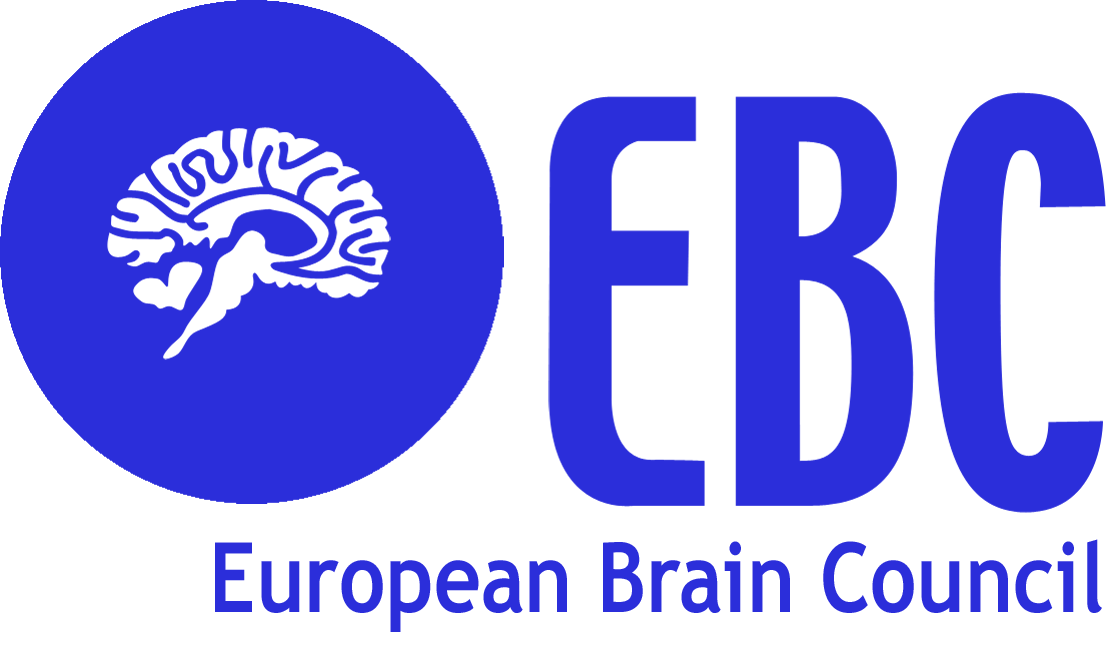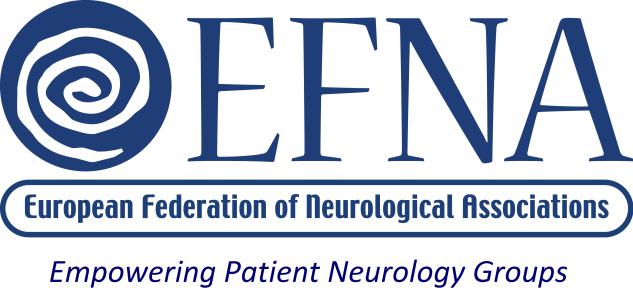By communicating effectively with their patients, the doctor ensures more successful treatment outcomes. Improved doctor-patient communication leads to greater compliance in taking medication and enables more effective self-management for people with long-term chronic conditions.
Having this in mind, the European Federation of Neurological Associations (EFNA), with support from EFNS, is attempting to identify communication gaps between patients affected by brain disorders and their neurologists. Your help and expertise is required to explore these challenges and propose solutions. Read on to learn more about this project and how you can get involved…
****************************
Did you know that 50% of patients don’t take medications as directed? Did you know that doctors discuss adverse events only in 35% of the time? Did you know that one third of surgical patients can name only one risk factor of their surgery?
These statistics provide us with evidence of ineffective communication between the patient and their health professional. The problems are amplified in the field of neurology where patients can be affected by a communication deficit caused by their disorder. To further complicate matters, the extent of this deficit varies from patient to patient, and from disorder to disorder.
Clearly, the communication between a person affected by a brain disorder and their neurologist can be a challenge. Think about the potential communication problems during a consultation with a person affected by acquired brain injury – including stroke: dysphasia, dysarthria, dyspraxia and other cognitive communication disorders.
How do you communicate with a patient who cannot even understand simple language and is unable to construct sentences?
How do you communicate with a patient whose speech is incomprehensible due to slurring, volume or pace?
How do you know that the patient is following the conversation, understanding your recommendations and/or remembering your advice?
Poor concentration, memory or cognition could mean that a patient will not adhere to the treatment plan – leading to ineffective treatment or potentially damaging side-effects.
It is also important to remember that many patients with neurological disorders will not be affected by communication deficits. However, a problem can be created by the neurologist through the use of medical jargon, inability to listen, disrespect of the patient, perceived disinterest, lack of time for explanation, the setting of false expectations, etc.
The increase of the informed patient can also be problematic. For the first time in history, more patients are turning to the internet than to doctors for health information. Patients are communicating online as they seek information, share data and opinions, and select their treatments. Many are seeking to fill the void left by doctors who do not communicate well.
However, online information can lead to inaccurate self-diagnosis, false claims of cures, counterfeit medicines, etc. This can endanger patient safety.
To combat the issues raised, the European Federation of Neurological Associations (EFNA), supported by the EFNS, will run a workshop on ‘Improving Doctor-Patient Communication’ at the Joint EFNS-ENS Congress in Istanbul 2014. Following the workshop, a steering committee will be set up to assess the challenges faced by neurologists in communicating with those affected by brain disorders, and developing tools to assist in this process.
Good communication should improve health outcomes for patients and protect their safety. We know that the patient experience is closely related to and influences clinical effectiveness and safety – organisations that are more patient-centred have better clinical outcomes.
EFNA is asking neurologists with an expertise in this topic to get in touch if you can contribute to the initial consultation or become part of the steering committee. Please email Donna Walsh, EFNA Executive Director at: executivedirector@efna.net or Audrey Craven, EFNA President at: audrey@migraine.ie to register your interest.









